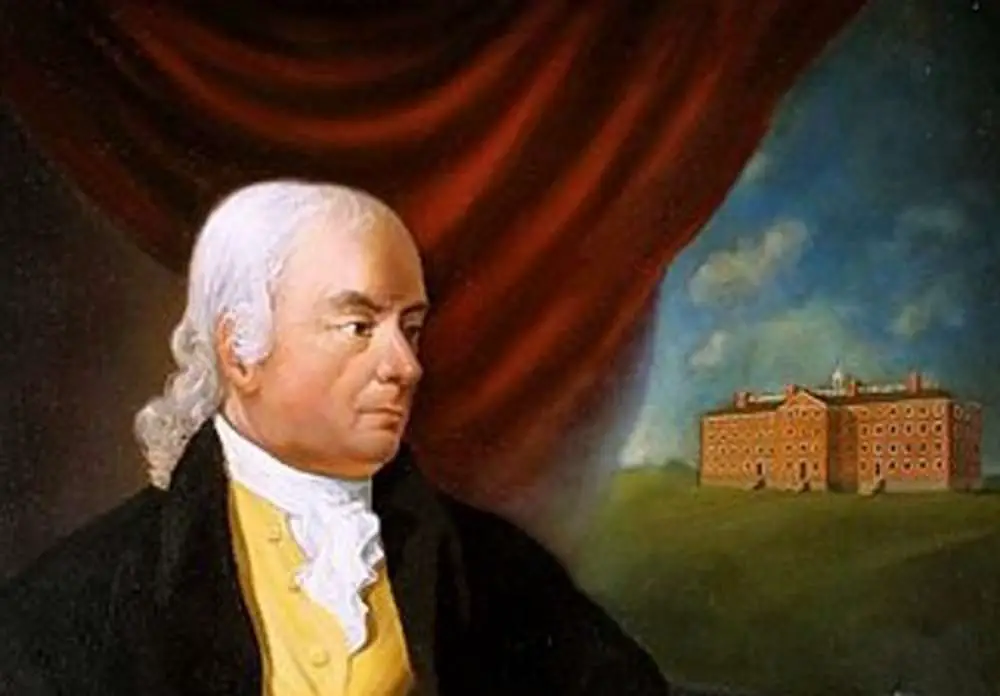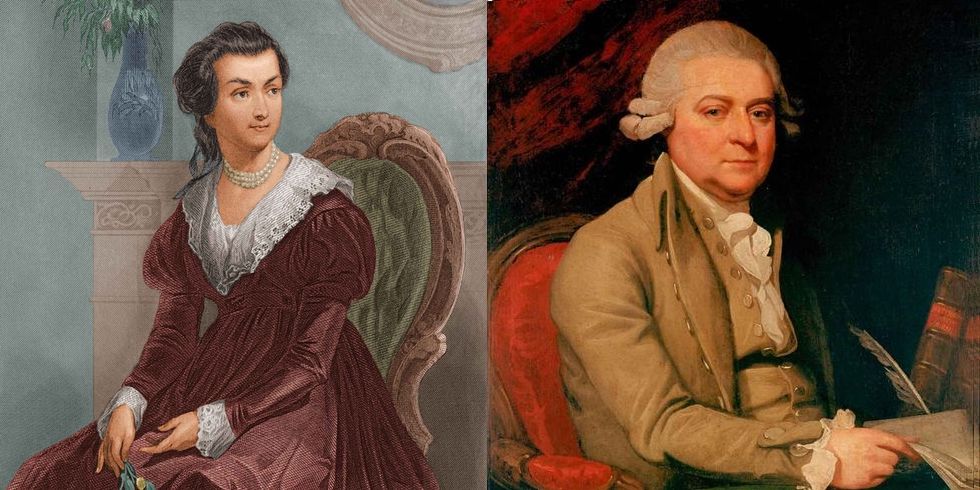May 1 — May 15, 2023
History Matters
Showing our children that their past is prelude to their future
One year after the start of the American Revolution, Rhode Island ramped up its status and became the first colony to declare its independence from England.
According to History.com, Rhode Island’s seaside access allowed it to develop a “lucrative” maritime shipping business with the West Indies and Africa, trading rum and slaves. Thus “because it had independent wealth and trade coming through the two vibrant ports of Providence and Newport, Rhode Island was the only small state that could theoretically survive independent of the proposed federal union in 1787. The state had no desire to lose income in the form of import duties to the new federal government. As a result, Rhode Island was the last state to ratify the Constitution in 1790, when it was finally confronted with the prospect of the greater financial impositions it would suffer from being treated as a foreign country from the United States.”
For more information, the Grateful American Book Prize recommends William McLoughlin’s Rhode Island: A History.

For decades after the Revolution, horses were the only method of bicoastal mobility; then in the 19th century that relationship was eclipsed by the Civil War, and progress was stymied until the conflict ended in 1865. By 1869 the Central Pacific Railroad traveling out of Sacramento, California on May 10, 1869, joined with the Union Pacific coming from Omaha, Nebraska at Promontory, Utah.
“For all the adversity they suffered,” says History.com, “the Union Pacific and Central Pacific workers were able to finish the railroad–laying nearly 2,000 miles of track by 1869, ahead of schedule and under budget. Journeys that had taken months by wagon train or weeks by boat now took only days. Their work had an immediate impact: The years following the construction of the railway were years of rapid growth and expansion for the United States, due in large part to the speed and ease of travel that the railroad provided.”
The Grateful American Book Prize suggests David Haward Bain’s Empire Express: Building the First Transcontinental Railroad.

America’s second President John Adams, and his First Lady, Abigail, were the first inhabitants of the White House. Although President Adams demanded that federal employees relocate from Philadelphia to Washington D.C. by May 15, 1800, he and Abigail didn’t occupy the presidential mansion until November; they stayed four months—through the inauguration of Thomas Jefferson in March of 1801.
In a November 21, 1800, letter to her daughter, “Nabby,” Abigail wrote: “You must keep all this to yourself, and, when asked how I like it, say that I write you the situation is beautiful, which is true. The house is made habitable, but there is not a single apartment finished, and all withinside, except the plastering, has been done since [White House steward John] Briesler came. We have not the least fence, yard, or other convenience, without, and the great unfinished audience room I made a drying room of, to hang up the clothes in … Upstairs there is the oval room, which is designed for the drawing room, and has the crimson furniture in it. It is a very handsome room now; but, when completed, it will be beautiful. If the twelve years, in which this place has been considered as the future seat of government, had been improved, as they would have been if in New England, very many of the present inconveniences would have been removed.”
The Grateful American Book Prize recommends John & Abigail Adams: America’s First Political Couple by Charles River Editors.

History Matters is a biweekly feature courtesy of The Grateful American Book Prize.




